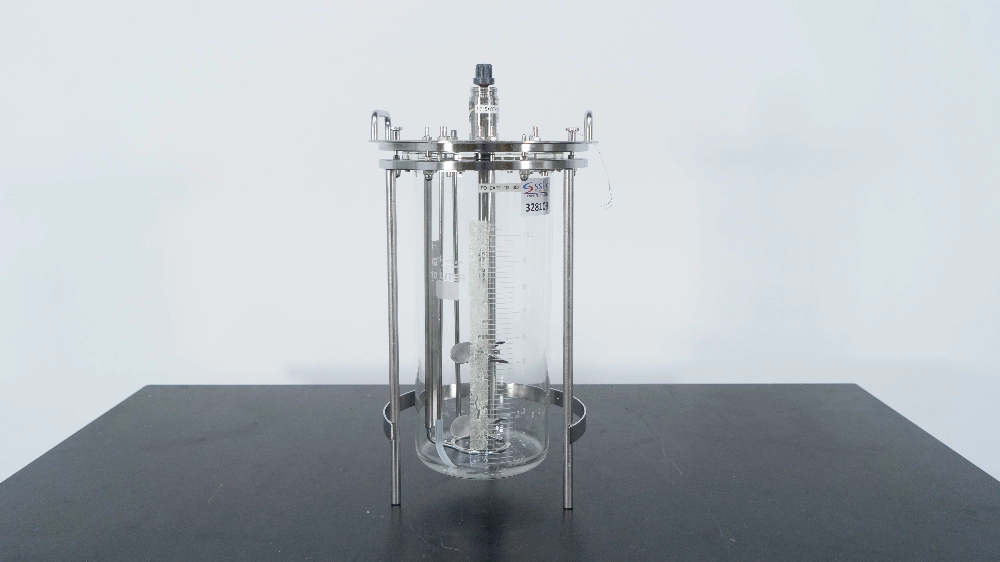A Comprehensive Guide to Selecting the Right Glass Reactor for Your Laboratory Needs
Selecting the right glass reactor for your laboratory needs is crucial for achieving accurate results and ensuring efficient processes. Glass reactors are essential for chemical reactions where precise control of conditions such as temperature, pressure, and agitation is required. To make an informed choice, consider several key factors. Firstly, the capacity of the reactor should align with your typical batch sizes. Glass reactors come in various volumes, from small-scale 100 ml units to large 100-liter models. Smaller reactors are ideal for preliminary research and small-scale synthesis, while larger ones are suited for industrial or extensive research applications. Assess your lab’s workflow and requirements to determine the optimal size. Material compatibility is another critical consideration. Glass reactors are usually made from borosilicate glass, which offers excellent chemical resistance and thermal stability. However, ensure that the glass type is compatible with the chemicals you plan to use. For highly corrosive or reactive substances, consider reactors with additional coatings or those made from specialized materials.

Temperature control is vital for many chemical reactions. The glass reactor often comes with integrated heating and cooling systems. Evaluate the temperature range your processes require and ensure the reactor’s heating mantle or jacket can achieve and maintain these temperatures accurately. For reactions requiring precise temperature control, reactors with digital controllers and sensors are advantageous. Agitation is another important feature. Depending on your reaction, you may need a reactor with efficient stirring capabilities. Glass reactors typically come with various stirring options, such as magnetic stirrers, overhead stirrers, or agitators with adjustable speeds. The choice of agitation system can impact the mixing efficiency and the overall reaction outcome, so select one that matches the viscosity and volume of your reactants. Sealing and pressure capabilities are essential for reactions that occur under pressure or require an airtight environment. Check the reactor’s design for features such as ground glass joints, sealing gaskets, or flanged connections to ensure it can maintain the required pressure levels and prevent leaks. Some reactors come with built-in pressure monitoring systems for added safety and control.
The GWSI design has allows straightforward cleaning and maintenance, and consider reactors with removable parts that can be easily washed or replaced. Safety features are paramount when dealing with chemical reactions. Look for reactors that include safety features such as emergency pressure release valves, explosion-proof designs, and robust construction to handle high pressures and temperatures. Ensure that the reactor complies with relevant safety standards and regulations. Lastly, consider the cost and support offered by the manufacturer. While high-quality glass reactors may come with a higher price tag, investing in a reputable brand can provide better durability and performance. Evaluate the manufacturer’s customer support and warranty policies to ensure you receive adequate assistance and protection for your investment. By carefully evaluating these factors—capacity, material compatibility, temperature control, agitation, sealing and pressure capabilities, ease of cleaning, safety features, and cost—you can select the right glass reactor to meet your laboratory’s specific needs and enhance your research and production processes.
